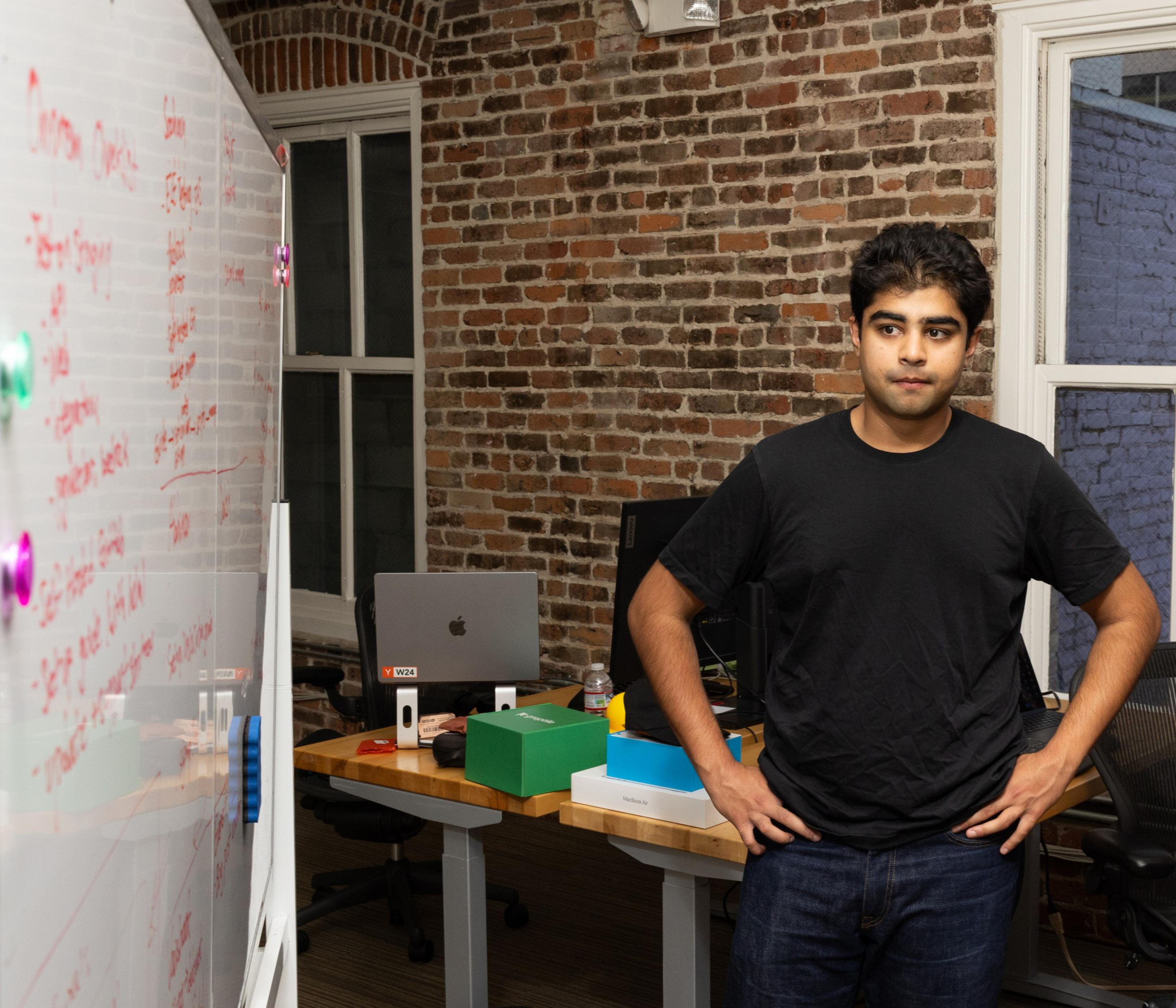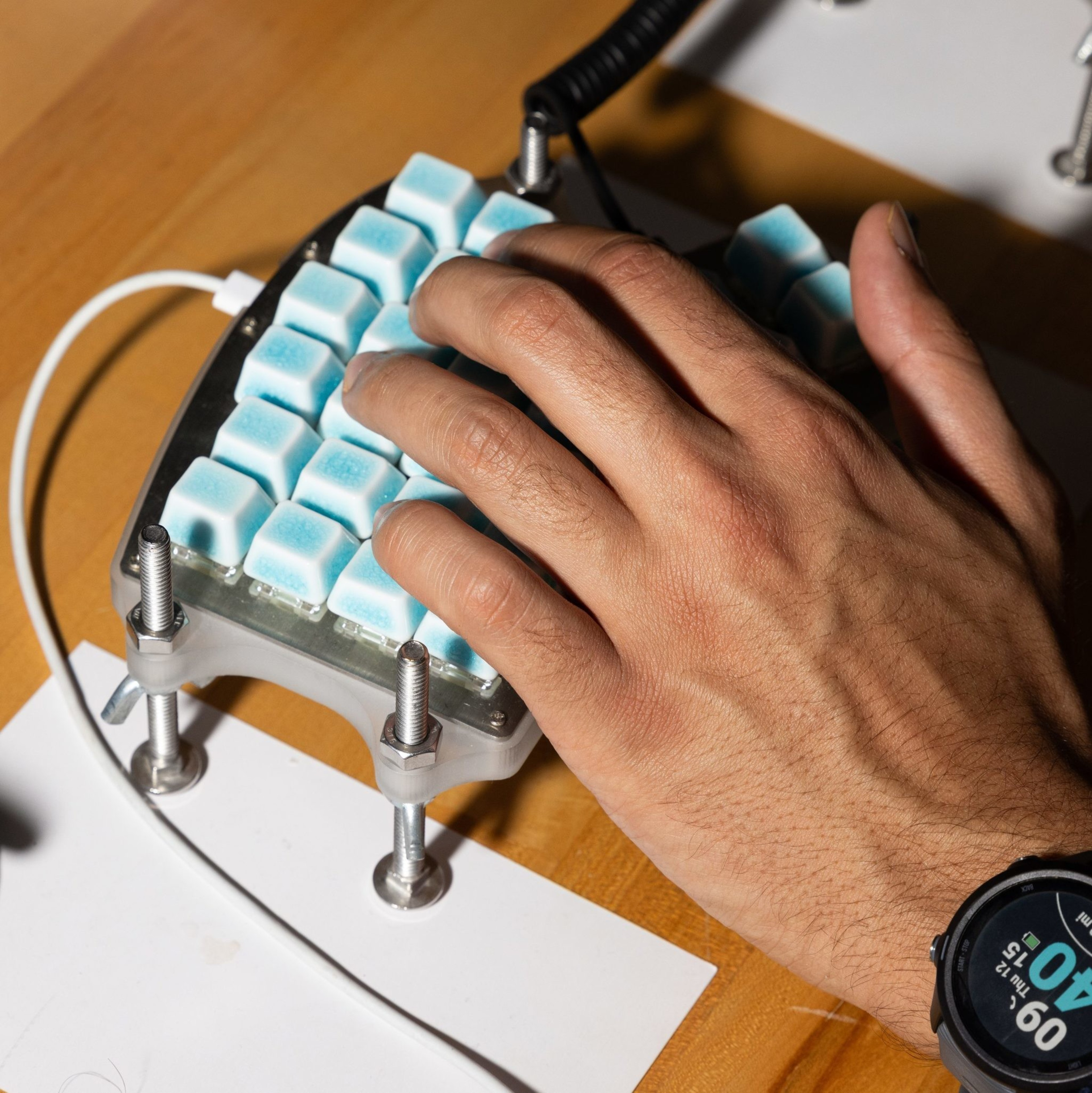If there’s a new main character symbolizing San Francisco’s resurgent grindcore tech culture, it’s Daksh Gupta.
The 22-year-old founder of AI startup Greptile became the talk of the town (and far beyond (opens in new tab)) last month when he tweeted (opens in new tab) that he tells job candidates his company proudly offers “no work-life balance,” with 14-hour work days, six or seven days a week, at its Transamerica Pyramid office.
Gupta said the message was targeted at his small following of fellow startup founders. He wanted to see what they thought of his strategy to recruit to Greptile hardcore engineers who are bored out of their minds in the bureaucracy of Big Tech.
But the tweet attracted a barrage of negative attention as well, as critics accused Gupta — whose business is building an AI expert that analyzes the codebases of big software companies — of being an exploitative tyrant.
“If you aren’t in the greater Silicon Valley circle, you maybe can’t imagine that someone would want to spend, like, 80 hours a week building enterprise software,” Gupta said.

Gupta is sociable and measured but has a nearly maniacal determination that brought him to San Francisco last year after graduating from Georgia Tech. He wanted to grind and thought the city would be the best place to build his most ambitious technology.
Gupta’s philosophy around work is very much the norm in a growing corner of San Francisco’s tech industry.
Startup founders say that after a pandemic lull dispersed many techies to Tahoe, New York, and Hawaii, San Francisco grind culture is back and more intense than ever — and AI is the reason.
“Here, it’s work hard, work hard. Do not play hard,” said Alex Reibman, cofounder of Agency, a startup that builds, evaluates, and monitors AI agents.
At some companies, the hard-nosed culture is even more extreme than the 9-9-6 work schedule (9 a.m. to 9 p.m., six days a week) typical in China that high-profile Silicon Valley investors (including Michael Moritz (opens in new tab), chairman of The Standard) have endorsed for early-stage startups.
That schedule amounts to a 72-hour work week — bush league for San Francisco’s most hard-core grinders.
“Working 80, 90 hours a week is no stretch of the imagination,” Reibman said. “It’s something that is basically required if you want to build here.”
Reibman and his co-founder, Adam Silverman, feel the pulse of that round-the-clock energy via hack nights at their office in South Park. Every week, they invite AI builders to code from 8 p.m. to 1 a.m., providing popcorn, strobe lights, fog machines, and house music.
“We get people from all over the world, like India, Dubai, Singapore, reaching out to us to join virtually. They literally want to be here so bad, they want to watch us on the Zoom screen,” Reibman said. “People are literally clawing at the door, being, like, ‘I need this energy.’”
Reibman and Silverman chalk up this iteration of single-minded zeal in San Francisco, which has seen previous bursts of Soylent-fueled coding, to a recognition that Big Tech incumbents have a bigger advantage than ever in shaping the AI revolution.
The conclusion is that the only way for upstarts to shoulder in on what could be the biggest tech transformation of their lives is to pour their precious time into the fight for market share.

“We have some engineers on our team who are biting off massive, massive, massive problems that probably entire teams at Microsoft or Google are working with,” Reibman said. “We’re just humans with fingers and keyboards trying to make outputs that can scale to billions of people.”
The conversation around grindcore culture is a bit of self-fulfilling marketing, but the vibe isn’t reserved for small pockets of startups and hacker houses in Cerebral Valley. It’s gone mainstream, said Christelle Rohaut, co-founder of Codi, which helps companies lease furnished office space.
Last year, she said, the trend in San Francisco was that startups wanted to share space and preferred hybrid setups.
But this year, a switch flipped. Now, according to Rohaut, it’s all about being in the office all the time.
“Everyone wants office space now. It’s like, ‘Make it happen, whatever you need to do to get it done,’” she said, adding that she doesn’t experience the same sense of urgency with founders in New York, where she also operates.

In particular, Rohaut said, early-stage founders want spaces that feel scrappy and a bit uncomfortable. “They like that type of grind and creating an environment that feels like, ‘This is the beginning,’” Rohaut said. “I don’t hear that in New York. People want exposed brick and beautiful lights.”
Rohaut, who moved to the United States from France eight years ago, joked that she regularly sees behavior from founders and companies that would be borderline illegal in her home country — but is simply the norm in San Francisco.
She realized that the city’s hardcore work culture had reached new heights when a cleaner reported seeing a mattress in one office (In San Francisco, it’s illegal to sleep in buildings zoned for office space.).
Around the same time, a founder called her at 4 a.m. because the security alarm was going off as she tried to get into her office.
“We had this issue repeatedly with her,” Rohaut said. The alarm kept triggering because employees often worked at the office from 4 a.m., through the day, to midnight.
“At some point, we turned off the security. That’s ‘grind’ as its perfect definition.”
